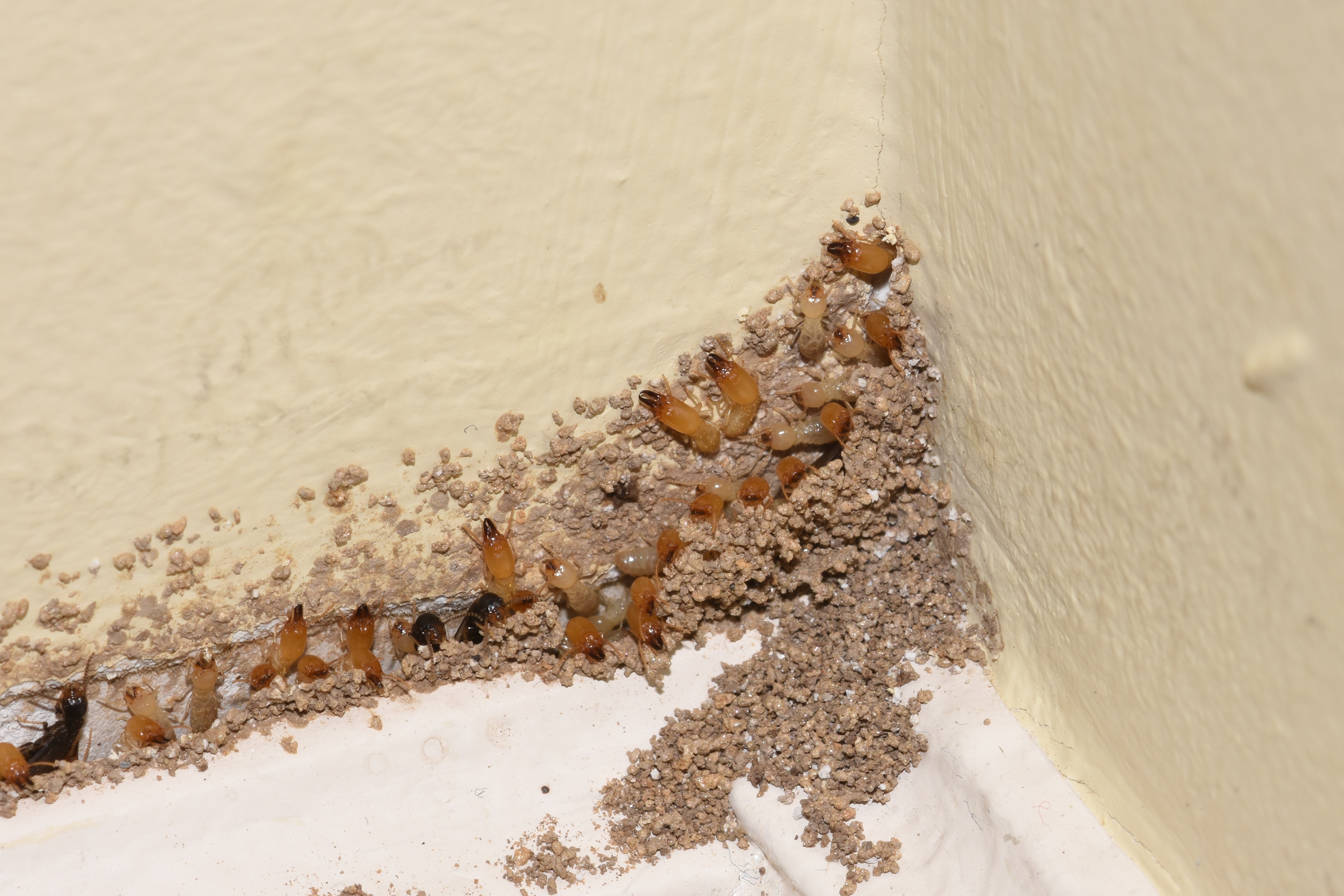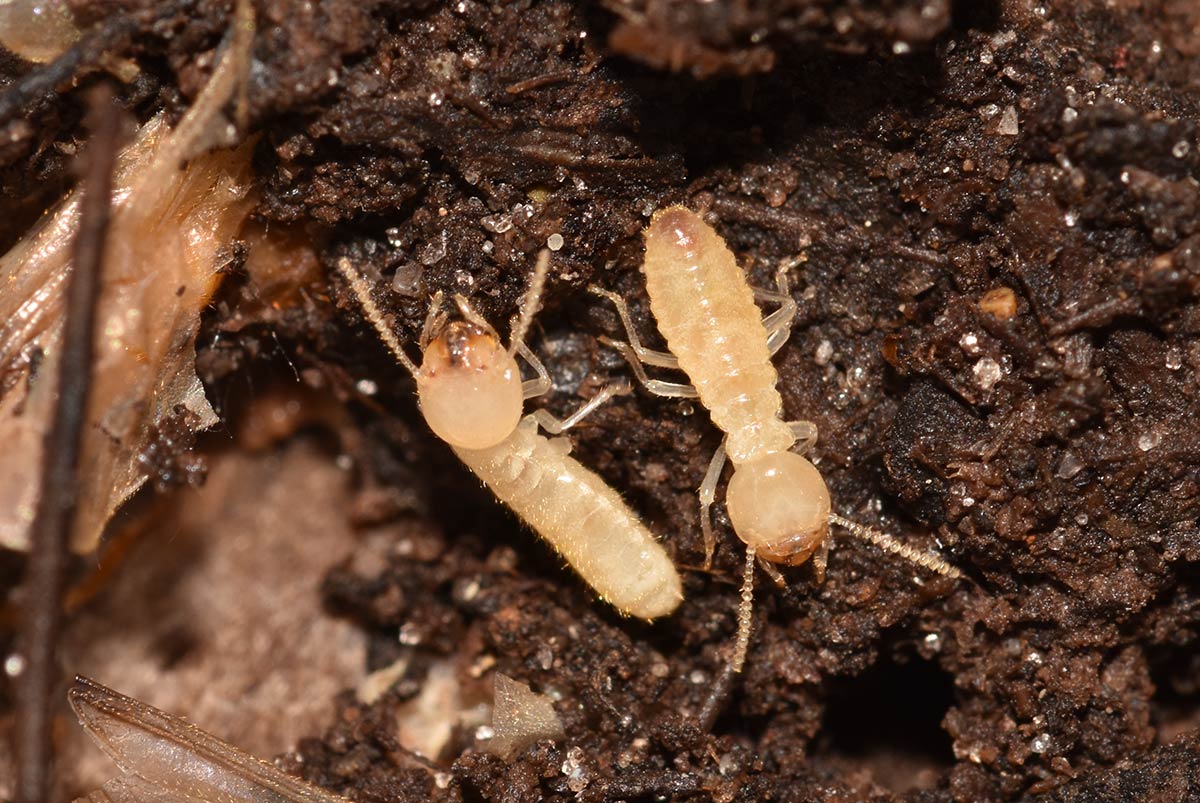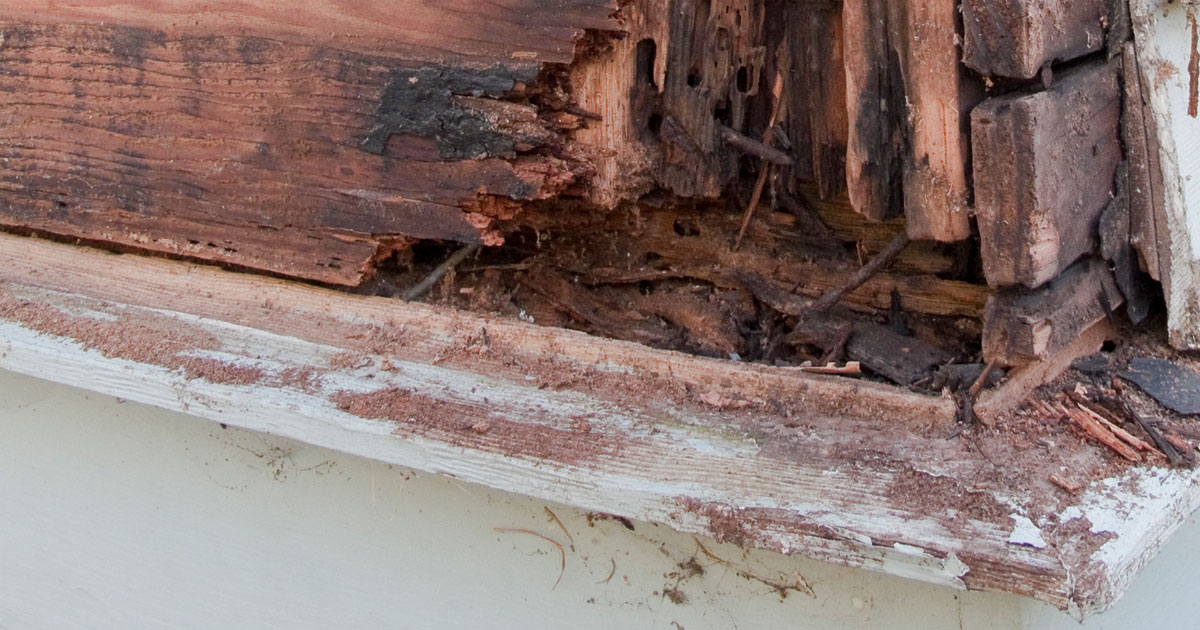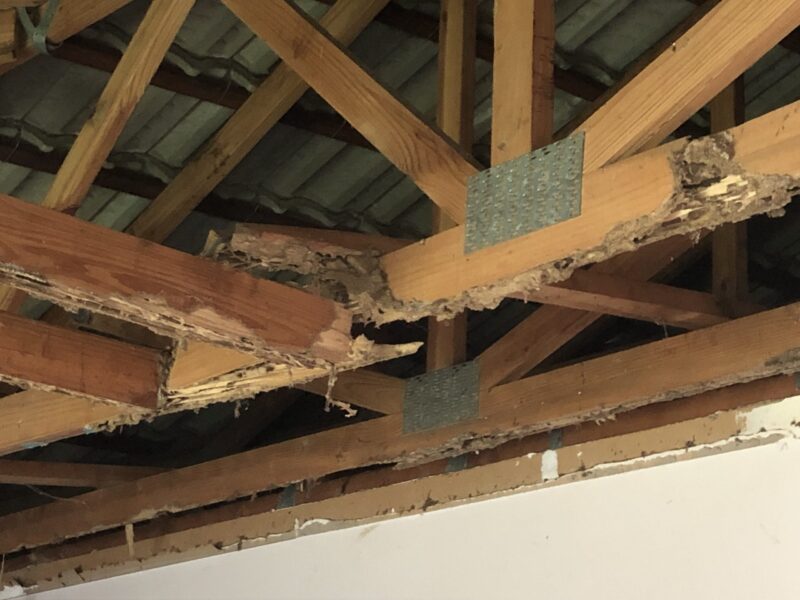When faced with the lurking threat of termites, homeowners often find themselves at a crossroads: to tackle the problem alone or to enlist the help of professionals. The allure of DIY termite treatment can be tempting; after all, saving money and taking matters into one’s own hands appeals to many.
However, the complexities of termite infestations, which can vary from minor nuisances to major structural dangers, raise numerous questions about the effectiveness of home remedies. Should you pour over countless online guides, armed with household solutions, or is it wiser to pick up the phone and call in the experts? In this article, we will explore the pros and cons of each approach, diving deep into the potential pitfalls of DIY methods and the advantages of professional intervention.
Join us as we weigh these options, helping you make an informed decision before those pesky pests cause irreversible damage to your sanctuary.
Understanding Termite Infestations

Understanding termite infestations is essential for homeowners, as these relentless pests can wreak havoc on the structural integrity of your home. Termites, often referred to as “silent destroyers,” feast voraciously on wood and other cellulose materials, often remaining undetected until significant damage has occurred.
Their colonies can number in the millions, working tirelessly day and night, which makes them particularly formidable adversaries. What’s more, infestations can vary widely in scale and complexity—some may involve just a few rogue insects, while others could signify a deeply entrenched network extending throughout your homes framework.
Recognizing the signs of an infestation, such as mud tubes, discarded wings, or hollow-sounding wood, is crucial in addressing the problem promptly. As you venture into the decision-making process regarding treatment options, consider the nature of your infestation carefully—understanding what you are up against could mean the difference between a simple DIY fix and a full-blown professional intervention.
What Are Termites and Why Are They a Problem?

Termites are small, social insects that primarily feed on cellulose found in wood, paper, and other organic materials. Often referred to as silent destroyers, they work silently, nesting within structures and consuming wood from the inside out, which can lead to extensive damage if left unchecked.
Homeowners may not notice their presence until significant harm is already done—imagine discovering your favorite piece of furniture is little more than a shell, hollowed out by these relentless foragers. The impact on property values can be severe, and repairs can be costly, making them a substantial threat to any home.
Understanding these pests is crucial; they may be small, but their potential to wreak havoc is monumental.
Signs of a Termite Infestation

Recognizing the signs of a termite infestation is essential for taking timely action. Homeowners should be vigilant for telltale signs: discarded wings scattered near windowsills or doors, mud tubes along foundation walls, and hollow-sounding wood that may give a faint echo when tapped.
Additionally, the presence of small piles of frass—a granular substance resembling sawdust—can indicate an active colony nearby. Unexplained structural damage can also be a red flag, as termites silently munch away at wood and insulation, often going unnoticed until significant damage has occurred.
Its crucial to stay alert, for these seemingly minor indicators could usher in a more severe problem lurking just beneath the surface.
Conclusion
In conclusion, deciding between DIY termite treatment and hiring professionals ultimately hinges on your specific circumstances, budget, and comfort level with tackling pest control on your own. While DIY methods can be cost-effective, they often lack the comprehensive approach and expertise that professional services provide, potentially leading to incomplete eradication and further damage to your property.
Assessing the severity of the infestation, the effectiveness of your chosen method, and the long-term implications are all crucial factors to consider. In the end, prioritizing thorough and effective termite control will safeguard your home and peace of mind, so weigh your options carefully before making a decision.


